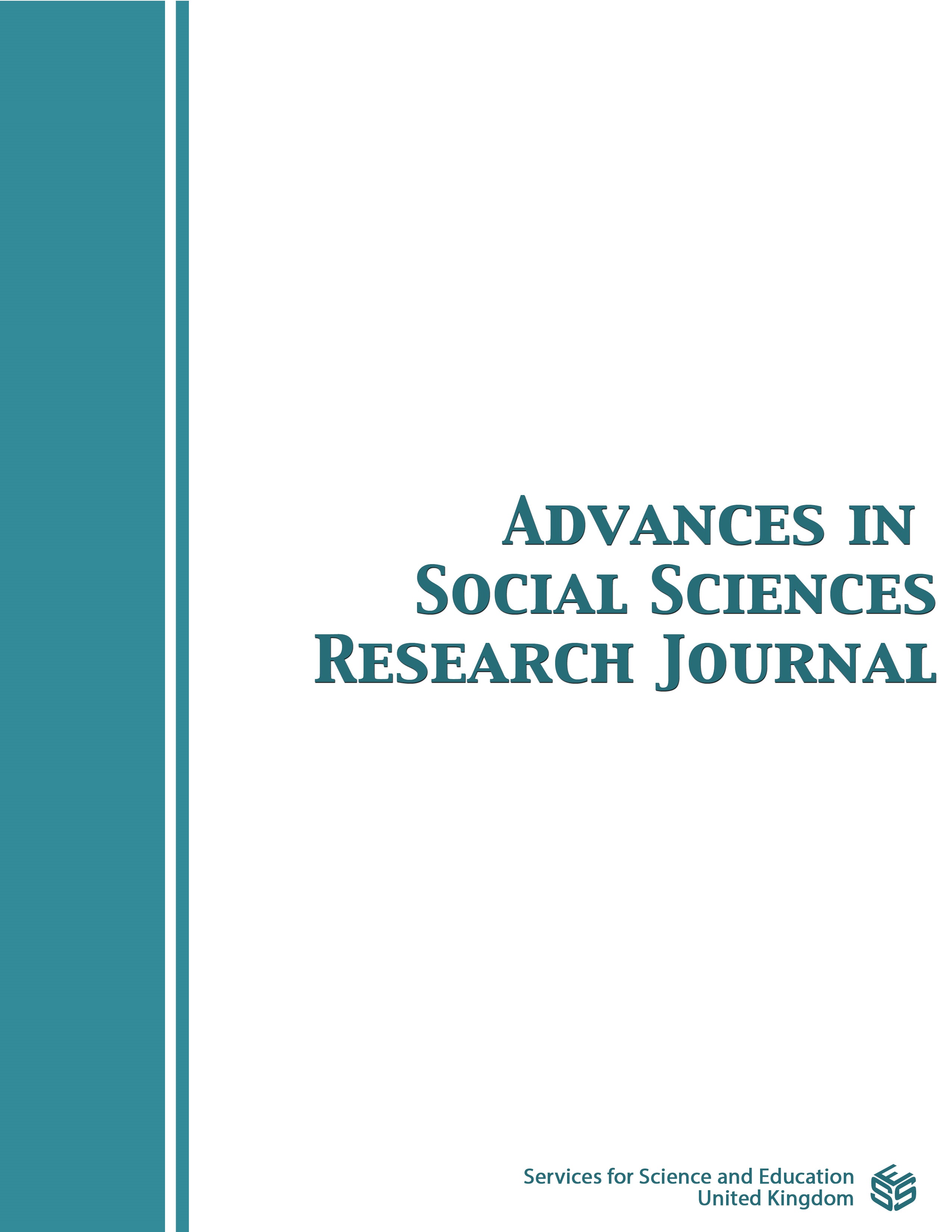Using Cultural Framing Exemplars from the Social Sciences to Inform Teaching about Change Agent Leadership in University-Based School Administrator Preparation Programs
DOI:
https://doi.org/10.14738/assrj.1206.18938Keywords:
cultural framing exemplars, change agent leader preparation, instructional improvement and collaborative decision making in K-12 school districtsAbstract
Education professors tasked with preparing aspiring K-12 administrative and instructional leaders enrolled in university-based graduate education programs to be able to effectively navigate the myriad difficulties associated with leading successful turnaround school improvement in K-12 school districts is a daunting pedagogical design challenge. Professors and instructors working in these kinds of university-based educational leadership programs can significantly expand and enhance their instructional toolkits by tapping into the power of employing cultural framing exemplars as a means to help teach aspiring administrative leaders about processes and practices of effective change agent leadership in K-12 schools and school district organizations. This article first describes the use of cultural framing exemplars as a creative instructional tool in graduate teaching. The article then profiles three Cultural Framing Exemplars selected from the social sciences and discusses key cultural attributes of these cultures that can be gleaned from an examination of each culture’s community-based organizational practices and cultural traditions. Finally, the article includes a detailed discussion highlighting the practical applicability of key change agent leadership insights and strategies derived from the three Social Science Cultural Framing Exemplars for informing the teaching and practice of change agent leadership in K-12 school organizations within the areas of: 1) distributive leadership capacity–building; 2) utilizing multileveled analyses of students’ learning performance data to inform instructional improvement; 3) involving teaching personnel directly in day-to-day school leadership decision making and in creatively designing their own professional/staff development; and 4) revitalizing and expanding instructional program offerings to enhance student learning success.
Downloads
Published
How to Cite
Issue
Section
License
Copyright (c) 2025 Joseph G. Claudet

This work is licensed under a Creative Commons Attribution 4.0 International License.
Authors wishing to include figures, tables, or text passages that have already been published elsewhere are required to obtain permission from the copyright owner(s) for both the print and online format and to include evidence that such permission has been granted when submitting their papers. Any material received without such evidence will be assumed to originate from the authors.






